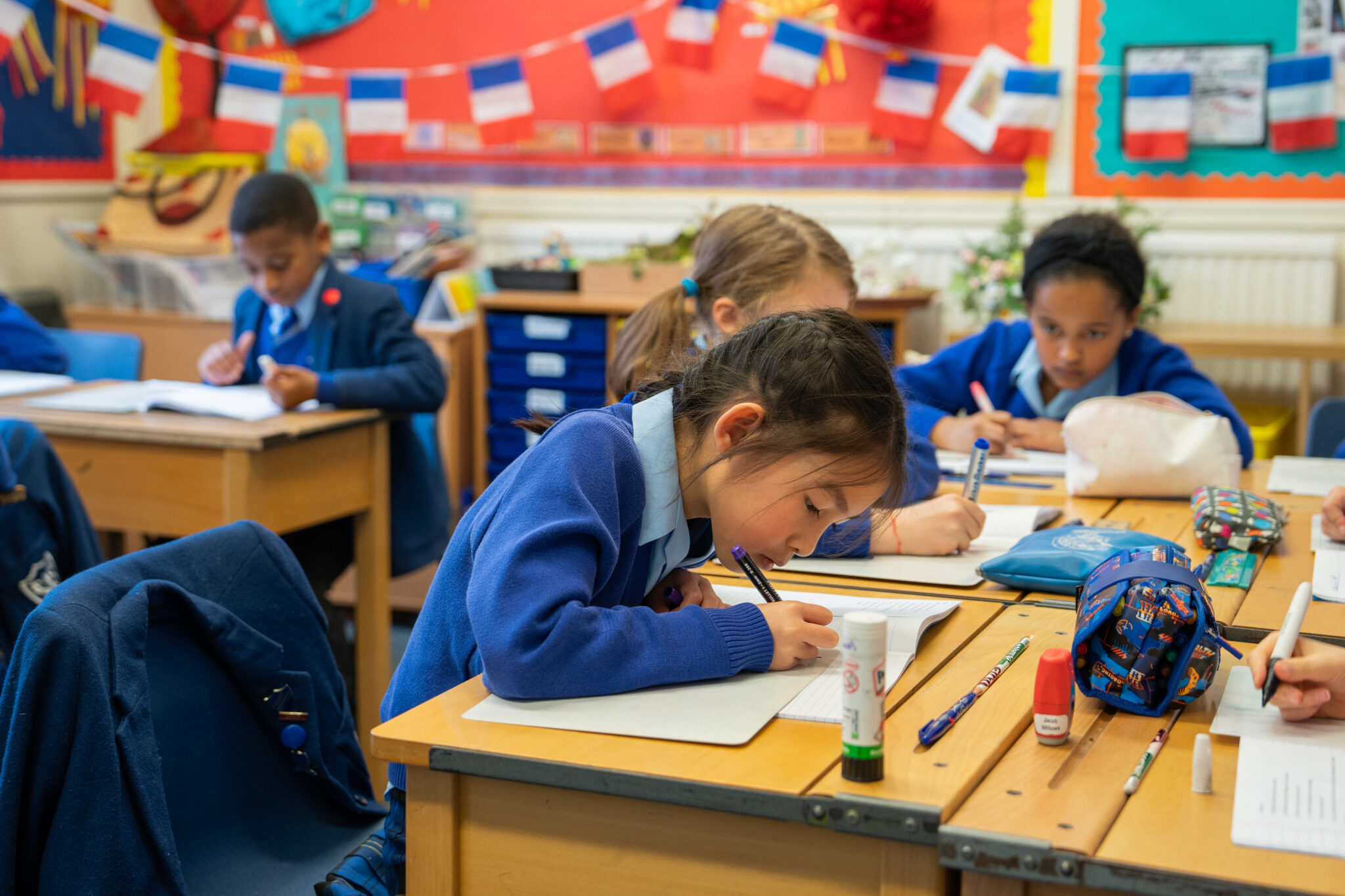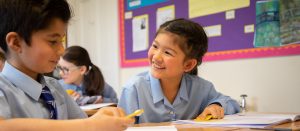Speech is no doubt our most powerful tool for communication. It allows us to express our thoughts, feelings, needs and desires to those who most need to hear it. So what happens when you’re caught short at a train station in a small town in Italy, searching for your platform (or perhaps trying to find the loo) and you have no idea how to ask someone for help? It’s true that nowadays technology can assist, but our key message can still get lost in translation. When using our mobile phone as our ‘middle man’ we lose a sense of humanity; the way in which we communicate with our fellow mankind can certainly fall short of emotion and sincerity when there is a screen between us.
Many say it’s never too late to learn a language, which I believe is certainly true. There is plenty of evidence to suggest that even in your eighties, the cognitive benefits of learning a language can help keep your mind stimulated, active and even slow down the natural degenerative effects of old age. However, I also believe that when it comes to learning a language, the earlier the better.
From the moment a baby is born, they begin to take in the world around them in many forms. One of the strongest senses is hearing, and a baby will be exposed to many different sounds on a daily basis, which they start to absorb, decode and understand. Speech comes later on, once the child has had ample time to work out exactly what the different sounds mean and represent. From a very young age, babies are built to learn. A child’s brain is like a sponge: designed to absorb information and learn from it, primarily to survive. As a child grows into a teenager and then an adult, the amount of information they have absorbed expands and fills their brain with knowledge of the world around them. A four year old’s brain will have much less information stored in there than a forty-year old’s. As such, the younger a person is, the more ‘brain space’ there is available for new learning. This is why learning a language from a young age is often seen as far easier than for someone learning in their adult years.
Having taught both adults and children as young as nursery age, I have seen first-hand that the way in which a child learns is often very different to how an adult learns. Whilst an adult may dedicate a couple of hours a week to learning a new language at an evening class, the types of activities they do will likely differ to that of a child. An adult will strive to learn what they need to know, as quickly as possible and be more regimented in the way they take in this information. For a primary aged child, in school, much of the learning will consist of fun, interactive games and activities, involving songs, music and imagery. This type of learning allows a child to absorb the language content in a way that they can associate with other elements of their day to day lives, such as playing and interacting with their friends. Whether this interaction is in English, Spanish, or any other language, it doesn’t matter; they will remember the emotion and enjoyment behind it and the language will be retained following this.
Being a passionate language-lover myself, I was fortunate to find a Spanish Bilingual Nursery in my local area, where all three of my children attended. When they were younger, apart from the fact that they could count in two languages, the immediate impact of this second language exposure wasn’t always obvious. However, now that two of my children are of school age and have begun learning French, I can see the positive impact their exposure to a second language early on has had. Their brains are more adept at picking up different sounds, accents and language and their ability to make connections between the different languages allows them to understand and retain new vocabulary more quickly than I was ever able to do at such a young age.
At St. Wystan’s we believe that all children should have the opportunity to learn not one, but two languages throughout their time at school. We are very passionate about allowing our children to be exposed to different languages and cultures and look for opportunities to do this wherever possible. In line with the national event ‘The European Day of Languages’, we host our own ‘St. Wystan’s Day of Languages’ which we celebrate annually at the end of September. However, not limiting ourselves to Europe, we decided to spread our wings further afield and embrace other languages from around the world, encouraging the sharing of language skills and passions from within our local community. We are fortunate to be part of the larger Repton group of schools, and as such have strong links with Repton senior school, whose students enjoy sharing their knowledge and expertise with their younger peers. It is a privilege to host some of their students who relish the opportunity to teach our pupils taster sessions in languages such as Spanish, Latin, Romanian, Italian and Japanese, to name a few. There is no doubt that our St. Wystan’s pupils end the day feeling inspired and excited to continue their education, safe in the knowledge that they will have ample opportunities to grow their own language skills, as they move through our school and beyond.
Aside from the cognitive and linguistic benefits of learning a language, there is no denying that, as the world gets smaller, we are ever more able to reach far off places that were unobtainable to previous generations. Be it through travel, media or family diversification, the importance of effective communication is what allows us to make connections globally. The key skill of communication alone is imperative to developing our social skills as a society, teaching us to be accepting of other cultures, races and faiths around the world. Providing our children with the basic skills of learning a language (no matter what it may be) will help to equip them with life-long skills which they will be able to use wherever they go. As a language teacher, my hope is to inspire our pupils to develop a love of language-learning, so that as they grow, so too will their desire to learn more about the world around them. Whilst we currently offer our pupils French and Spanish, our aim is to instil the key skills they need in order to learn other languages in the future, wherever their paths may lead them. As a child, my own language teacher was the reason I went on to study Spanish at university, subsequently leading me to follow my desire to share my passion for languages with the next generation. I only hope that I too will have the same impact on some of my pupils, so that a passion for language-learning will continue to thrive in our ever-expanding world.





